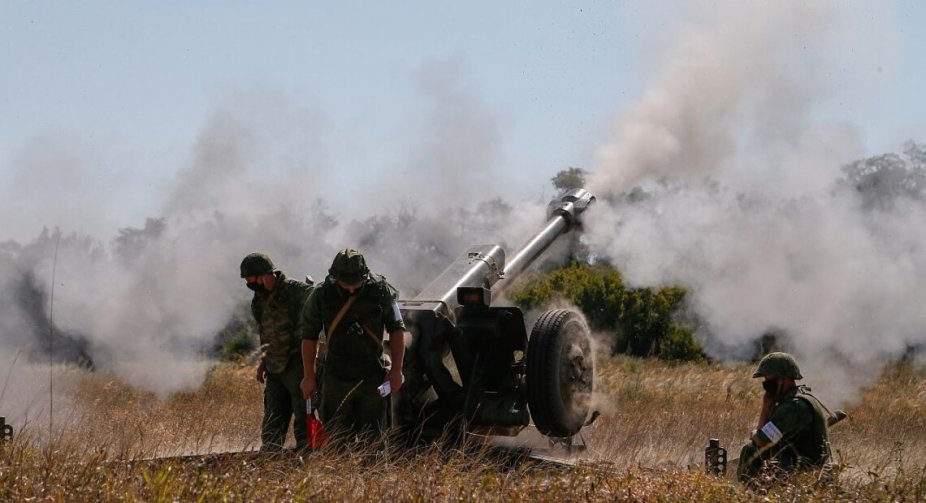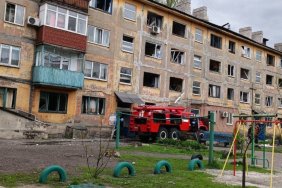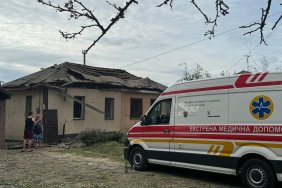Russian troops will expand their control to almost the entire territory of Luhansk Region after the seizure of Lysychansk.
This was stated in the daily report of British intelligence.
"Russia's relatively rapid seizure of Lisichansk expands its control to virtually all of Luhansk Oblast, allowing it to claim significant progress in achieving the political goal it presented as the immediate goal of the war, namely the 'liberation' of Donbas," the report said.
It also notes that, unlike previous phases of the war, Russia has probably achieved fairly effective coordination between at least two groups of troops: the Central Group, probably under the command of Colonel General Alexander Lapin, and the Southern Group, probably under the command of newly appointed General Sergei Surovikin.
According to intelligence, Ukrainian forces are probably mostly withdrawn in good order according to existing plans. The Ukrainian-held Severodonetsk-Lysychansk areas represented a bulge that the Russians could attack from three sides.
There is a real possibility that Ukrainian forces can now retreat to a more defensible straightened front line.
"The battle for Donbas was characterized by the slow pace of the offensive and Russia's massive use of artillery, which flattened cities. Fighting in the Donetsk region will almost certainly continue in a similar vein," the report said.






